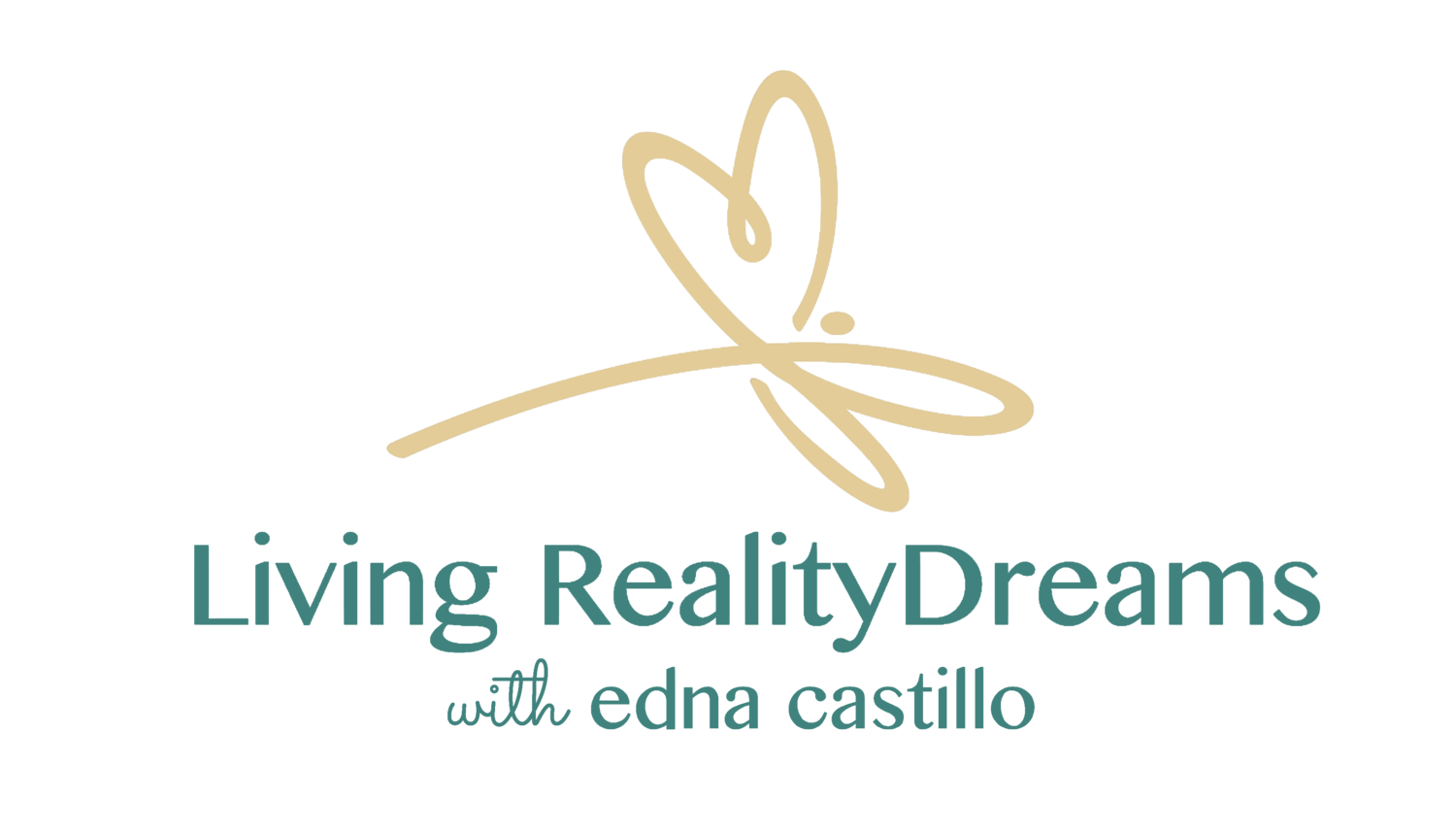“The more stressed we are, the less compassionate we become.”
— Gabor Maté
Loving Your Nervous System in a World That Feels on Edge – The Aftershocks We Don’t Talk About
I was a young professional, just beginning to navigate the demands of adulthood, when the 1989 Loma Prieta earthquake hit.
I remember watching the footage again and again on the news—the Bay Bridge collapse, the fires, the stories of people trapped. Each aftershock shook more than the ground. It rattled my mom’s china cabinet, tilted lamps, and sent tremors through my body.
I didn’t know it then, but my nervous system had shifted into survival mode. I didn’t have the words to describe what I was feeling—only that something didn’t feel safe.
Eventually, I curled up in a ball and cried. The stressful energy had to be released.
Today’s Earthquakes Look Different
Now, we’re living through a different kind of earthquake—a constant stream of emotional aftershocks:
- Disturbing headlines
- Economic pressure
- Global conflict
- Rising costs
- Notifications that never stop
Even when we turn off the news, our nervous systems stay on high alert—bracing for the next emotional hit. We may not even realize we’re scanning for danger—through tone, silence, or a single look.
And that stress leaks into our relationships.
Have you noticed it?
Feeling more defensive than usual?
Quick to snap or shut down?
We’re all walking around with nervous systems on edge—and that tension shows up as arguments, distance, or disconnection.
I’ve noticed it in my own life too.
When we’re dysregulated, we become reactive, less patient, and more likely to misread neutral comments as criticism.
According to Dr. Gabor Maté, unresolved stress often surfaces in our closest relationships. The people we love most tend to trigger the wounds we haven’t yet healed.
That’s why tending to your nervous system isn’t just about your health—it’s about your connection.
When we calm our inner world, we create peace around us.
Do You Recognize These Signs of Stress?
Stress doesn’t always shout. It whispers through your body:
- Tight shoulders
- 3 a.m. racing thoughts
- Stomach issues that come and go
These are signs your nervous system is asking for care.
My Cancer Wake-Up Call
When I was diagnosed with cancer, no one mentioned the chronic stress I had carried for years.
I was the only HR director in a high-pressure company, raising kids, caring for my parents, and building a business—giving to everyone but not to myself.
I didn’t know my nervous system was keeping score.
One Small Shift Can Create Big Change
Today, I coached a woman recently diagnosed with cancer. I taught her simple breathing practice.
Afterward, she said, “That actually helped.”
And it did.
Even a small shift in your breath can start to calm your system. It’s one of the most powerful tools we have.
Your Reset Starts Now
This week, choose one nervous system reset:
- A walk in nature
- A 5-minute breathing practice
- A screen-free evening
- A short meditation
- Talking to a coach or trusted professional
- Or simply letting yourself cry
Put it on your calendar—like your most important meeting.
You’re worthy of the time it takes to feel well and whole.
With calm and care,
Edna
P.S. What’s your go-to nervous system reset this week? I’d love to hear—email me here. 💛










